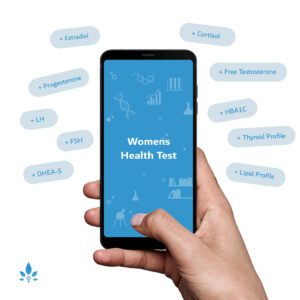Who Should I go to for Breastfeeding Help?
If you are breastfeeding for the first time or experiencing issues with nursing, it can be confusing to know who to turn to for help when you need it. Here’s a guide to the different types of lactation specialists.
Your obstetric or pediatric provider—Many women first turn to their obstetrician or pediatrician when a breastfeeding issue arises. It is important to keep in mind that most physicians receive limited breastfeeding education, so be sure to ask if your provider has had adequate training and experience when it comes to lactation management. If something doesn’t sound right or you want more information, feel free to request a referral to a lactation consultant.
You want breastfeeding help try our At-Home Lactation Consultation.
Certified lactation counselor/educator/specialist—There are a host of these kinds of titles in the breastfeeding community. These specialists may be self-employed or they may work for a doctor or hospital and are usually able to deal with most basic breastfeeding issues. It is important to remember that these designations are not centrally regulated, and the amount of breastfeeding-specific education this person may have received can vary from only eight hours to upward of forty-five. This is not to say they aren’t excellent resources! But if you feel you need another opinion or have a complicated problem, you may need more specialized care.
International Board Certified Lactation Consultant (IBCLC)—An IBCLC is the only standardized, board-certified lactation credential that exists. There are different pathways to become an IBCLC, but they all include at least ninety hours of breastfeeding-specific education and 300-1,000 hours of direct clinical breastfeeding care. They are certified to deal with the most complex of breastfeeding cases and adhere to a strict Code of Ethics. IBCLCs may work in private practice or be employed in a doctor’s office or hospital. You can go here to locate an IBCLC near you.
Peer help—Not all breastfeeding assistance needs to come from a medical specialist. For many new moms, just hearing the stories and advice of other women who’ve been in their shoes can be priceless. This may come in the form of attending a La Leche League meeting or other local breastfeeding support group. La Leche League meetings are run by a leader who has personal breastfeeding experience and is trained in giving breastfeeding guidance. You can locate a group near you here. The federal WIC program also offers breastfeeding support and education in the form of peer counselors, who are past and current nursing mothers. Lastly, online groups can also provide virtual support, especially when you are awake during a midnight feeding session!
Sources:
- The Academy of Breastfeeding Medicine
- Educational Objectives and Skills for the Physician with Respect to Breastfeeding
- Breastfeeding Medicine
- April 2011, 6(2): 99-105
- doi:10.1089/bfm.2011.9994.
International Lactation Consultant Association - What is an IBCLC?
International Board of Lactation Consultant Examiners - Pathways.
Powered by Bundoo®













































